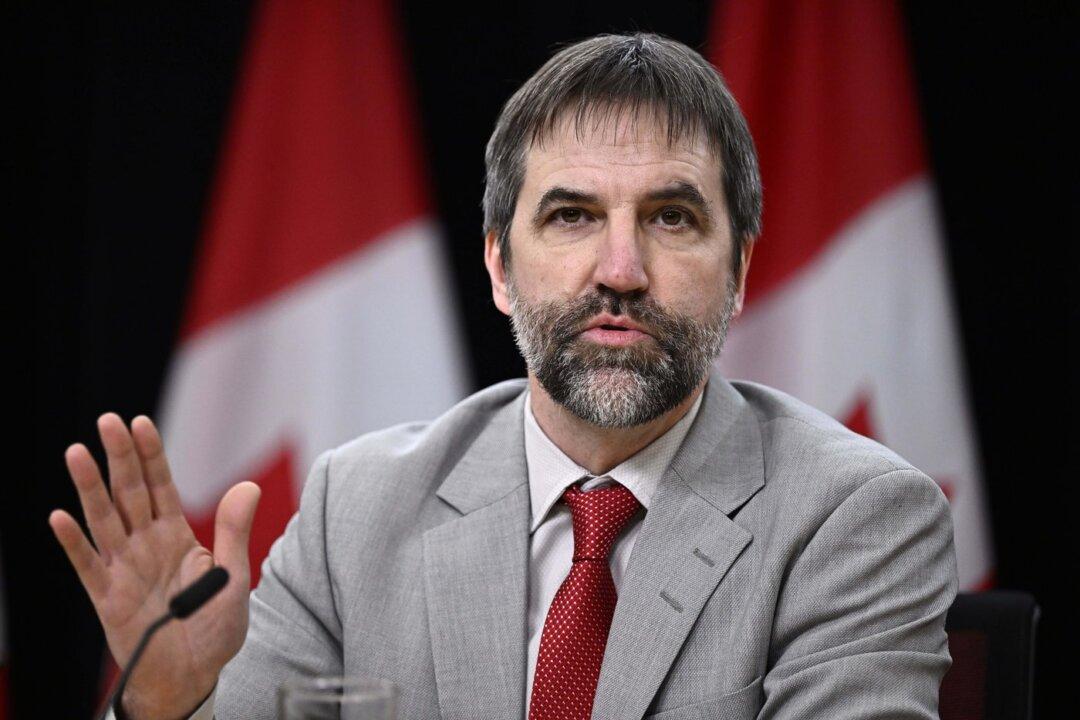The Conservatives, New Democrats, and Bloc Quebecois are calling for the environment minister to appear before the Commons Transportation Committee following his recent comments indicating that the federal government will stop funding new road infrastructure.
“We are writing to request an urgent meeting of the Standing Committee on Transportation, Infrastructure and Communities ... to discuss the recent comments from the Minister of Environment informing Canadians that there will be no more federal funding for road projects,” reads a letter written to committee chair Liberal MP Peter Schiefke on Feb. 16.





